Mr. Cang takes care of the cows.
Currently, organizing livestock farming according to value chains is a fairly common model in the market economy . This form ensures that livestock farmers participating in the production value chain can share benefits and responsibilities with each other, ensuring the regulation of market supply and demand and traceability of products.
Mr. Tran Minh Cang - Director of TMC Cow Company Limited (Cha La commune, Duong Minh Chau district) applies the model of raising beef cattle according to the value chain, bringing high and stable economic value, contributing to increasing the value of commercial cattle in the province.
The Brahman cow breed chosen by Mr. Cang is able to adapt to the weather and climate conditions in Tay Ninh . The meat ratio is from 52% - 55%, the meat is firm and delicious. The cows are very fertile and easy to give birth. Each newborn calf weighs from 22 - 25kg.
Mr. Cang said: “The farm covers an area of 5 hectares, of which I invested in building a barn for raising cattle on an area of 4,000 square meters, the remaining area is used to grow grass for cattle feed. Currently, the farm has a total herd of more than 200 Brahman cows, including 30 breeding cows and more than 170 beef cows. In addition to selling to traders, I also process beef balls, beef jerky, beef patties, and beef sausages with closed, standard technology.”
According to Mr. Cang, the company initially processed on a small and medium scale, and the products made to serve the market were not many, but were favored and welcomed by the market. In the coming time, the company plans to expand the scale of livestock farming and processing to serve consumers.
Developing beef cattle farming according to the value chain helps farmers consolidate knowledge and skills in creating safe, quality products and increasing income.
During the process of raising livestock, Mr. Cang is very concerned about environmental issues. Mr. Cang uses probiotics mixed into cow manure to limit odors, not polluting the environment, and not affecting the surrounding people.
Mr. Cang said that the biggest benefit of developing closed-chain beef farming is that farmers feel secure and confident, and the profits are higher than small-scale farming. Waste products from livestock farming become fertilizer for crops, and products from crops become feed for livestock farming, thus reducing costs in livestock farming, increasing economic efficiency, and reducing environmental pollution. This is called a closed cycle in livestock farming, which Mr. Cang effectively applies.

The farm uses by-products from raising cows to raise earthworms, earthworms as food to raise mud-free eels.
In addition, Mr. Cang invested in building 60 tanks, lining the surrounding area with tarpaulin, each tank is divided into 2 compartments with a net, each compartment has an area of about 2m2 to raise eels. Up to now, Mr. Cang's mud-free eel farming model has developed well and brought in quite a high income, about 300 million VND/eel crop.
Combined livestock farming model, using short-term to support long-term, the farm uses by-products from cattle farming such as: cow manure to make earthworms, earthworms to feed fish and eels, these are livestock that have a faster harvest time than cattle farming.
According to Mr. Cang, the plan is that by 2025, the farm will expand the grass growing area to 10 hectares, increasing the total herd to 1,000 beef cattle, to proactively source raw materials to process products: beef jerky, beef balls, beef sausage and fresh frozen beef with the Tay Ninh veal brand.
Recently, Saigon Co.op signed a contract to supply Tay Ninh products, including products of TMC Cow Company Limited. This is an opportunity for the company's products to enter supermarkets, contributing to promoting the image and products of Tay Ninh beef to consumers.
Nhi Tran - Nhat Quang
Source link


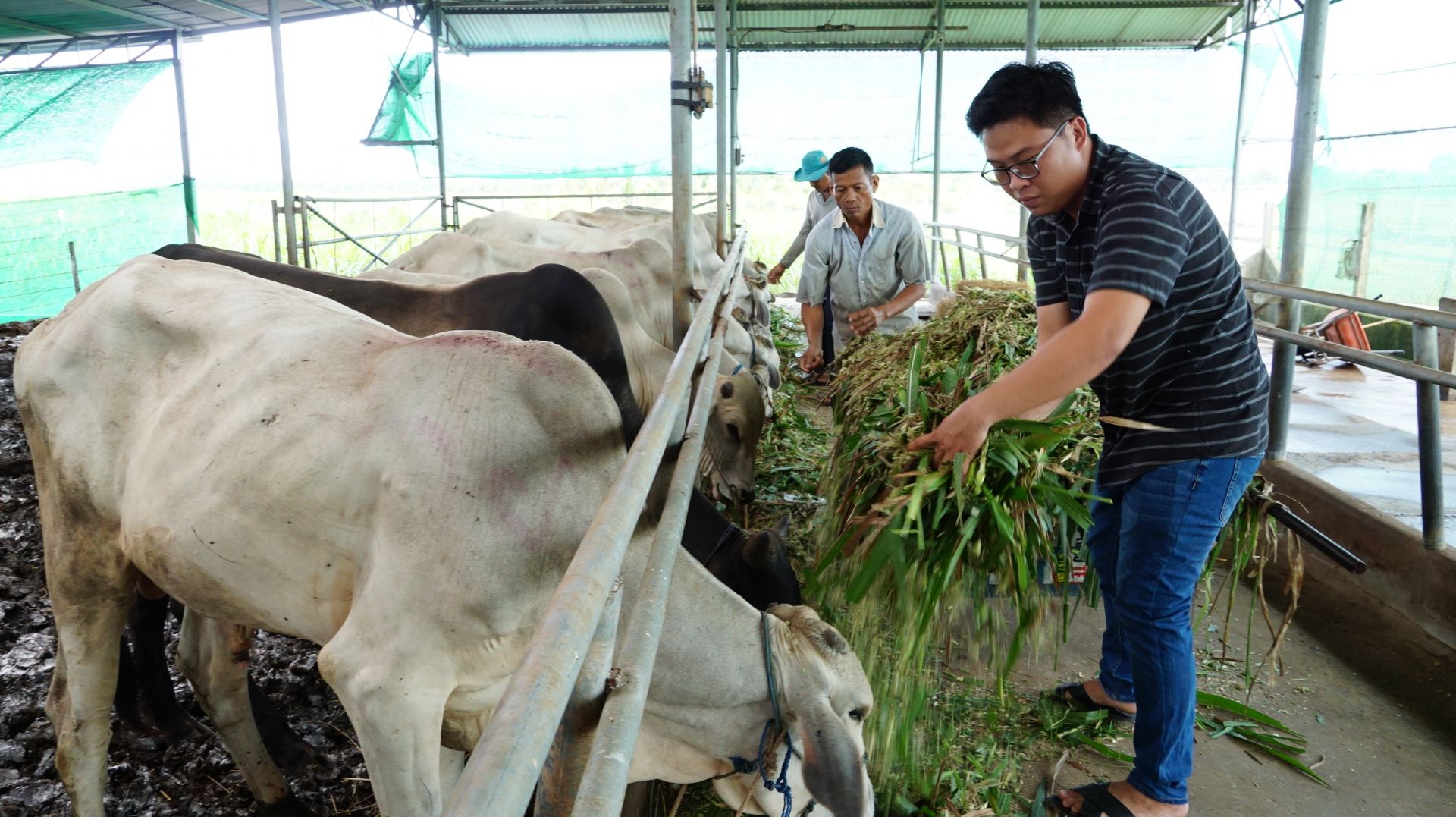

![[Photo] General Secretary To Lam chairs a working session with the Central Internal Affairs Commission](https://vphoto.vietnam.vn/thumb/1200x675/vietnam/resource/IMAGE/2025/5/22/3b7790f499da45b2803d8ae253207ef1)
![[Photo] T&T 1 and Ho Chi Minh City 1 People's Police Teams won the men's and women's team championships](https://vphoto.vietnam.vn/thumb/1200x675/vietnam/resource/IMAGE/2025/5/22/39db06ae67cb4001b7a556e8d9a56d07)
![[Photo] Prime Minister Pham Minh Chinh chairs meeting on draft Resolution of National Assembly on International Financial Center in Vietnam](https://vphoto.vietnam.vn/thumb/1200x675/vietnam/resource/IMAGE/2025/5/22/d398664ff1a140629169ea5a24e1b4d0)

![[Photo] Press delegation meeting to visit Truong Sa and DK1 Platform](https://vphoto.vietnam.vn/thumb/1200x675/vietnam/resource/IMAGE/2025/5/22/6b8d232877ec421a9e8187d83b9f8006)
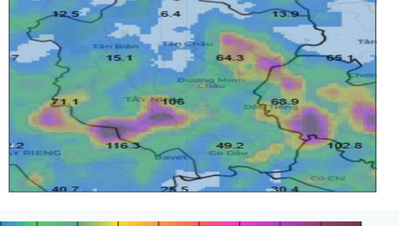
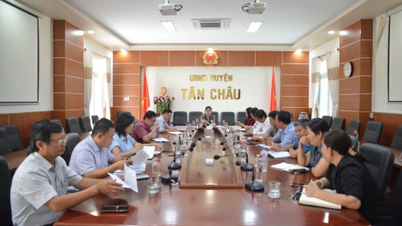
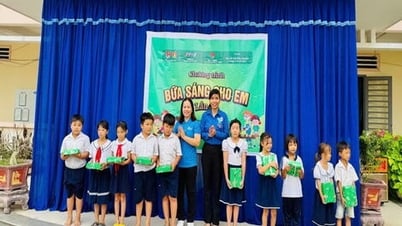
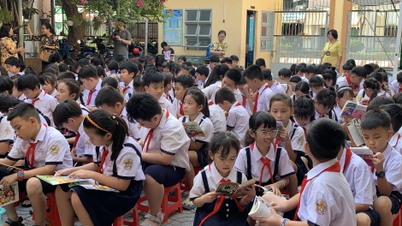
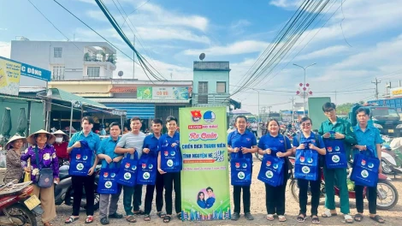





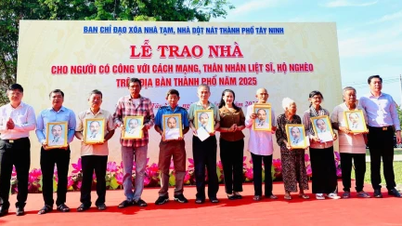



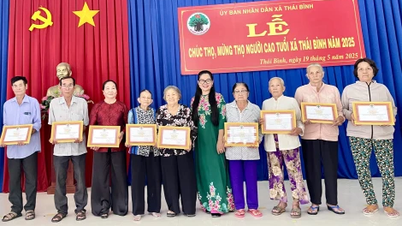
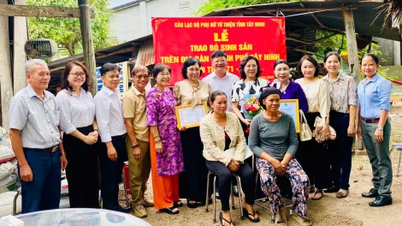
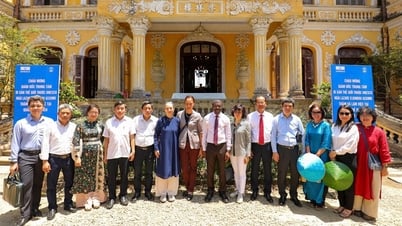









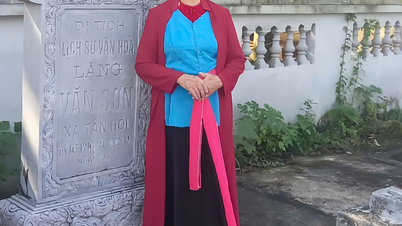














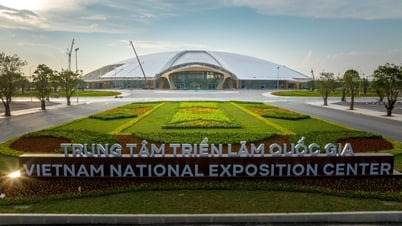

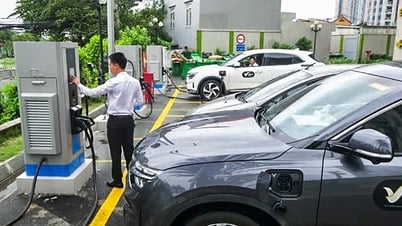
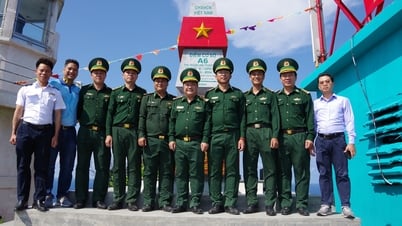








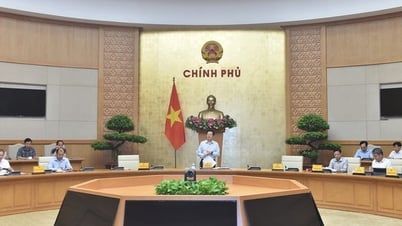

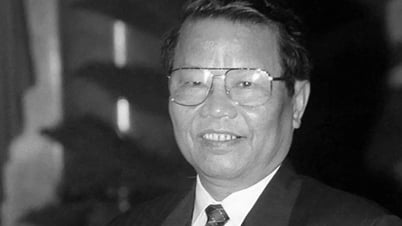
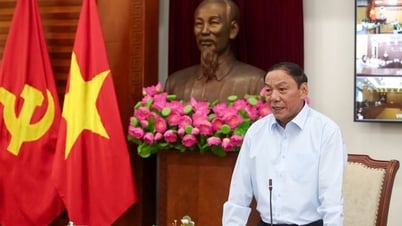
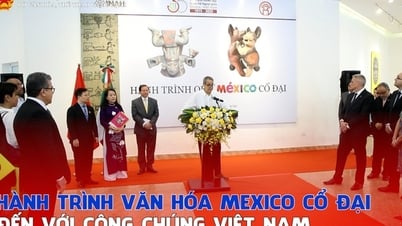
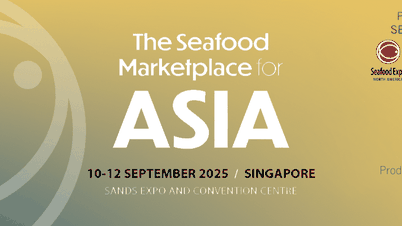

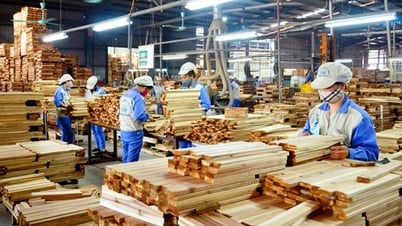






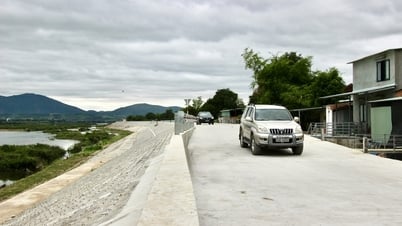

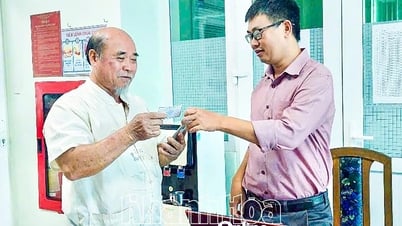





![[Podcast] Week introducing more than 500 OCOP products in Hanoi](https://vphoto.vietnam.vn/thumb/402x226/vietnam/resource/IMAGE/2025/5/22/d144aac2416744718388dbae3260e7fd)





Comment (0)